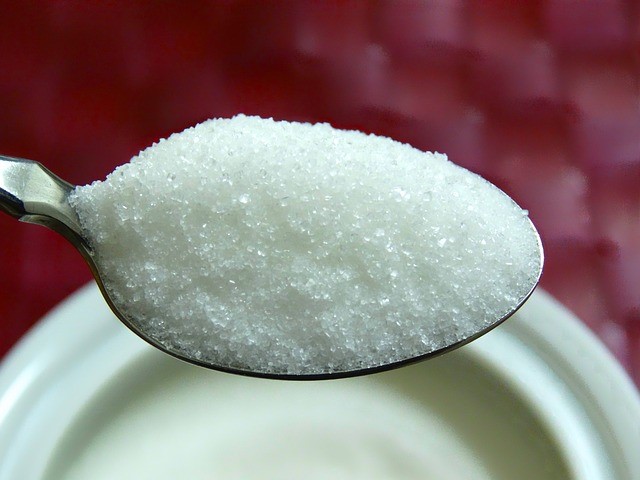
“A spoonful of sugar helps the medicine go down.” –Mary Poppins
Apparently, medicine used to be gross, but you could get kids to take it by offering them a spoonful of sugar to go with. Nowadays, the sugar (or possibly artificial sweetener) is mixed right in, but there is still wisdom to found in this old aphorism.
To be clear, I’m not talking about actual medicine. I’m talking about healthy or productive behaviors that we’d rather not do. If you find things like exercising, studying, or cleaning to be distasteful, perhaps you can sweeten those activities up a bit and make them easier to stomach. I’m also not suggesting that you use actual sugar, of course, because of all the ways sugar is bad for your brain.
There are actually two versions of “sugar” you might use: a reward during the activity and a reward after the activity.
During
In the song, Mary Poppins offers the example of a bird singing to itself as it works:
“A robin feathering his nest
Has very little time to rest
While gathering his bits of twine and twig
Though quite intent in his pursuit
He has a merry tune to toot
He knows a song will move the job along.”
Let’s use exercise as our example. You can apply this method to other chores and healthy activities, but I think it’s most well-suited to exercise. Here are some simple ways to incorporate fun, pleasure, or joy into a workout:
- Listen to music you enjoy
- Do it with friends
- Do it by playing a sport you like
- While riding an exercise bike or running on a treadmill, watch a TV show
- Get out in nature and take in some beautiful views
- If the season is right, enjoy some of nature’s candy along the trail

It’s thimbleberry season in the park by my home.
After
In The Power of Habit, Charles Duhigg says that we develop habits when a cue triggers a routine that gets followed by a reward.1 In other words, he’s saying that when you give yourself a “spoonful of sugar” after you do some good behavior, you’re helping turn that good behavior into a good habit. The idea is that your brain learns to associate a positive outcome with the behavior, and thereby feels more inclined to repeat that behavior.1
The reward could be anything you enjoy, but it probably shouldn’t be something unhealthy that undoes the good you just did. For example, I like to watch a bit of comedy after powering through some difficult writing. I work hard, and then get to enjoy the sweet reward of laughter. I also like to eat breakfast after meditating, so as I sit down to meditate, I think to myself, After I do this, I get to eat breakfast!
Distant Rewards
Most healthy habits and productive behaviors that are difficult to do – exercise, meditation, writing a book, growing a business – are done with distant rewards in mind. And while it is obviously wise to invest in your future selves like this, your brain is far more attuned to immediate rewards. So you’ll find it easier to do the work when that effort is connected to some enjoyment in the here and now.
1 Duhigg, Charles. The Power of Habit: Why We Do What We Do in Life and Business. Random House Trade Paperbacks, 2014
